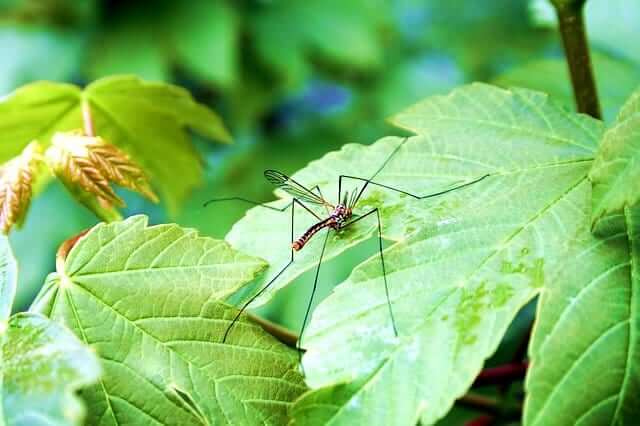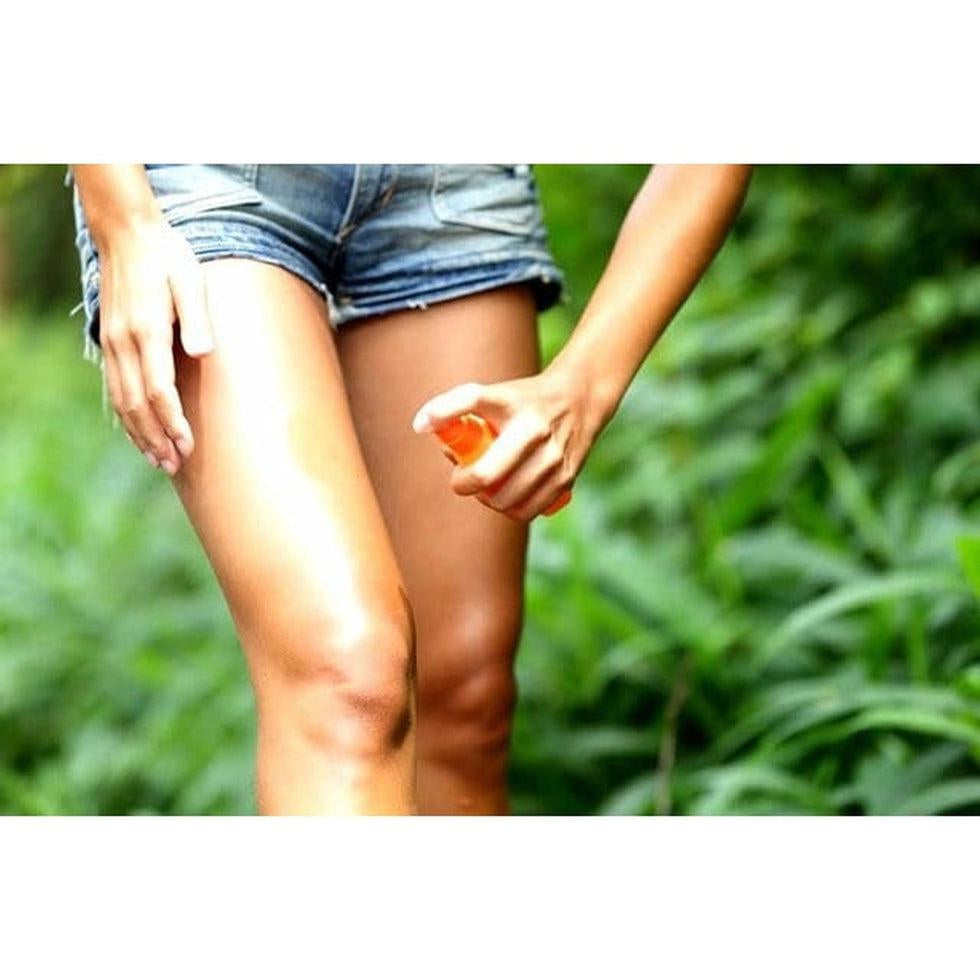Which insect repellent is the best? With the rise of West Nile virus, Lyme disease, and Rocky Mountain spotted fever, it is more important than ever to use proper insect repellents, but the options are overwhelming. There are the All Naturals, the Make Them Yourselves, the Insect Repellent Clothes, the Anti DEETs, and the Pro DEETs. How do we know which one to choose?
To simplify this process, and to help you make the best decision for you and your family, we have collected and demystified some of the most common myths about insect repellents.

Myth 1: Natural is Best
While it is true that many natural products have better quality, like organic drinks and foods, this isn’t always true of insect repellent. Dermatologists have said that some natural bug sprays that use only essential oils (like eucalyptus oil, lemon oil, soybean oil, and citronella oil, are not as effective as DEET insect repellent.
Myth 2: DEET is Unsafe
Over 500 insect repellents, including sprays, liquids, lotions, roll-ons, towelettes, and more, contain DEET, which was originally created in 1946 by the US Army. In 1957, it was officially registered for the general public to use. DEET makes it more difficult for mosquitoes and bugs to smell us. In 2014, the Environmental Protection Agency (EPA) conducted a review of DEET, and despite the DEET scare, the organization continues to recommend the product because it did not cause any health problems for people or the environment. In addition, DEET has proven to be the most effective product at deterring mosquitoes and ticks. That said, experts do recommend that people only use no more than 50% DEET on their skin, because some skin is sensitive to 100% DEET.
Myth 3: Garlic and Vitamin B Drive Away Pests
Some have said that eating garlic and vitamin B can deter mosquitoes and ticks from biting. Experts say that this has not been proven scientifically, mostly because what attracts mosquitoes and ticks to humans is a complex combination of visual and chemical signals, not just smell.
Myth 4: Spray Repellent as Perfume
Instead of spraying repellent like perfume, the insect repellent should be rubbed into the skin, like sunscreen. It is very important to cover all of the skin with insect repellent.

Myth 5: Dryer Sheets Work Too
The Tangipahoa Mosquito Abatement District tested this theory and found a unanimous result: dryer sheets effectively repel just a single mosquito. Dryer sheets do not adequately protect people from the barrage of mosquitoes and ticks that they typically encounter outdoors.
Myth 6: Mouthwash and Listerine Repel
The Tangipahoa Mosquito Abatement District tested this theory, too, and they found that Listerine does not effectively repel mosquitoes. The mouthwash may deter the insects at first because the mosquitoes’ wings get wet from the spray, but when their wings dry, they recover quickly and continue feeding.
Insect Repellent at Appalachian Outfitters
Visit our online store or visit our physical store in Northeastern Ohio to find effective insect repellent. Don’t spend your outdoor adventures swatting away mosquitoes and inspecting every freckle as a tick. Instead, spray some insect repellent, and enjoy your adventure.

